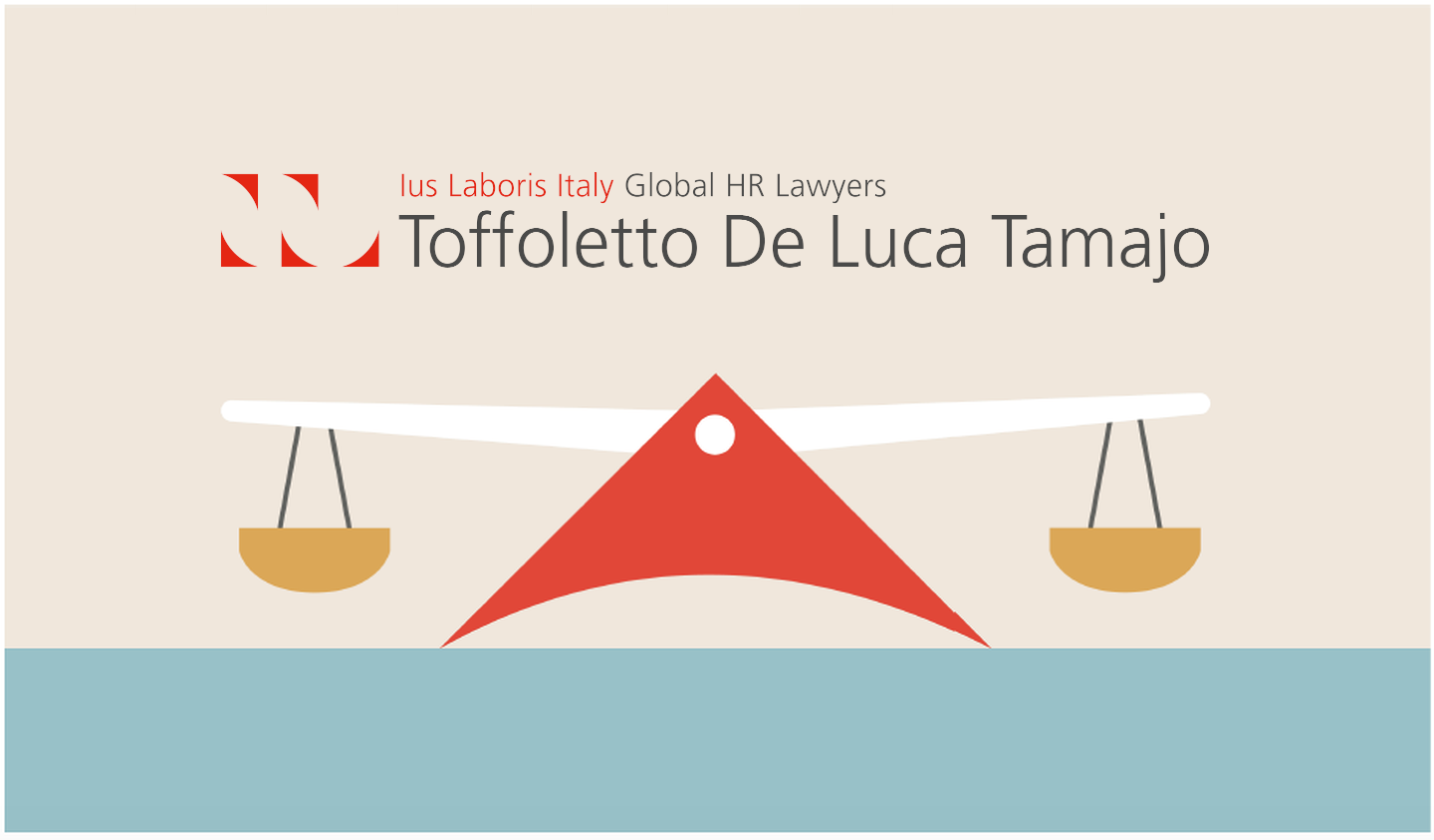Last Updated on Aprile 6, 2016
Another important judgment of the Court of Justice of the European Union, issued on 3rd December 2015 (Quenon, case no. C-338/14), provided some clarification on the interpretation of European Directive no. 653/86 on agency law, which brought about the full amendment of Article 1751 of the Italian Civil Code.
The judgment deals with the part of the law (4th paragraph) which provides that – in addition to being entitled to the payment of an indemnity for the termination of the agency contract – a commercial agent that has had his or her contract terminated by the principal can also seek compensation for damages. The judgment is also interesting because of some parts of the reasoning behind the judgment, which specify the meaning of a law that caused an irreconcilable conflict between the law and collective economic agreements in Italy, recalling that the interpretation of Article 17 of the Directive “requires regard to be had to the objective pursued by that directive and the system set up by it” and that “the Directive aims to harmonise the laws of the Member States relating to legally binding relationship between the parties to an agency agreement”.
It is important to recall that the aforementioned Directive allows the choice between two approaches: one that provides for the determination of an indemnity compensating the lasting value produced by the agent (German system) and another that provides for compensation for damages (French system). With the exception of France, all of Europe has adopted the German approach and the Court reaffirms that a choice must be made between the two.
The decision of the European Court originated from questions put forward by the Belgian judge, the law of which is very similar to the Italian one and provides: “In so far as the commercial agent is entitled to the goodwill indemnity referred to in Article 20” – which corresponds to the first three paragraphs of Article 1751 of the Italian Civil Code – “and the amount of such indemnity does not fully indemnify the agent for the loss actually incurred, the commercial agent may, subject to proof of the actual extent of the loss claimed, obtain damages, in addition to that indemnity, in the sum of the difference between the amount of the loss actually incurred and the amount of that indemnity”.
The Court decided that: “the award of compensation for damages cannot result in an agent being compensated twice, aggregating the goodwill indemnity and the award of additional compensation for damage that derives, in particular, from the loss of commissions following the termination of the contract”. The compensation for damages must relate to a loss that is different from that remedied by the goodwill indemnity: “otherwise” – the Court rightly points out – “the maximum amount of the indemnity provided for by Article 17, paragraph 2, letter b) of the Directive would be exceeded” (which corresponds to Article 1751, 3rd paragraph of the Italian Civil Code). It is for the Member States to determine in their national law whether “the award of compensation for damages depends on the existence of a fault, be it contractual or non-contractual, attributable to the principal and which is caused by the alleged harm”.




